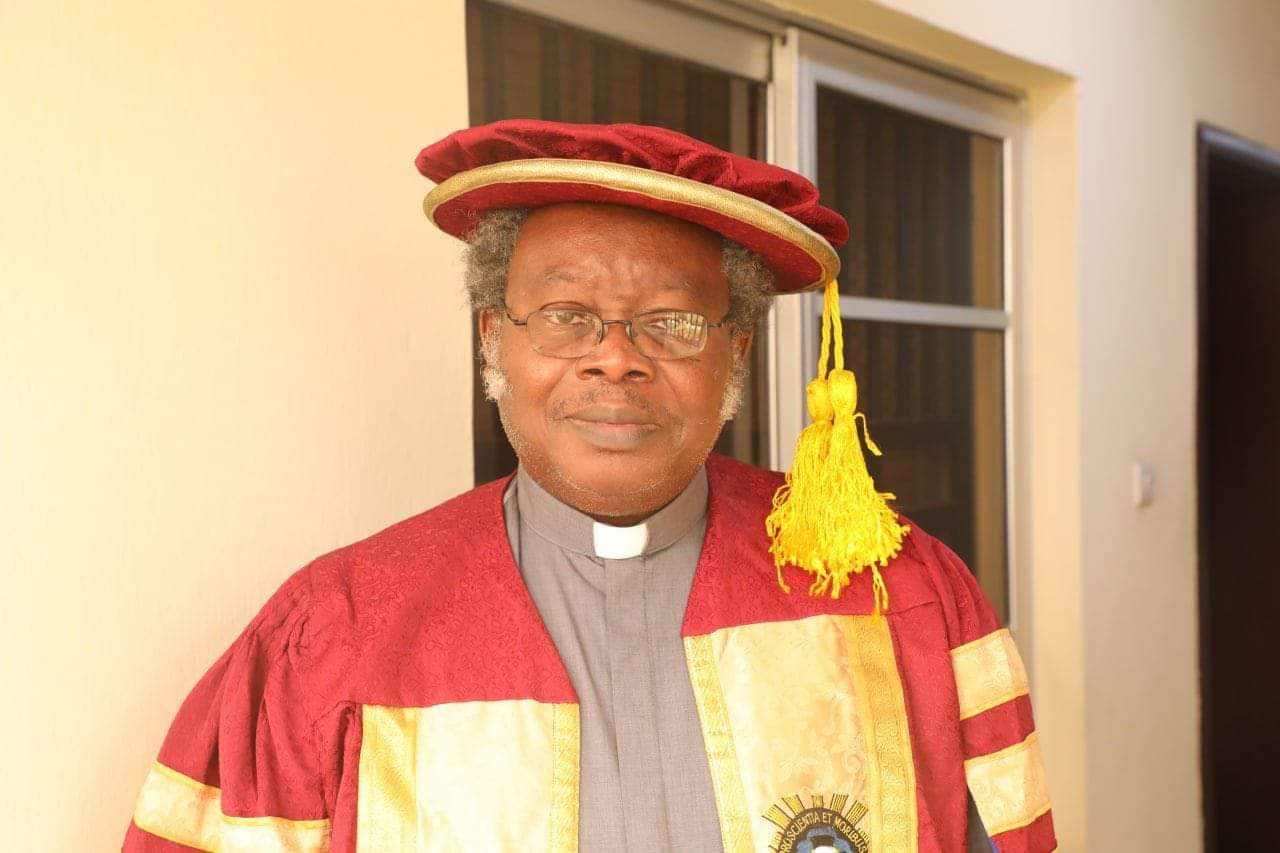
Dreaming of the Nigerian Project 2
A people must choose its leaders. Leaders must not be imposed on them. Babangida’s Journey in Service is an attempt to justify imposition of leaders on Nigerians. It contains a cruel logic: If the coup you plot and execute is successful, you are a patriotic soldier. But, if it does not, you are not only executed like a ram, your family will not be told where you are buried.
Imposition of leaders, as it is the case when a government is installed by means outside a credible electoral process will lead to avoidable altercations and even more coups. The first two coups in Nigeria led to a shameful civil war at the end of which there were no victors but all were vanquished.
The tragic consequence of imposition of leaders is why one of the excuses given by the coup plotters of January 15, 1966 is either a ridiculous self-serving after thought, or a proposition that can only be the outcome of a failed thought process. Here, I am referring to the rather puerile attempt to justify the coup as having been staged to release Obafemi Awolowo from prison and install him as Prime Minister.
That Awolowo might have made a good Prime Minister is not the issue. The issue is to have reasoned, and or to have believed that one had reasoned well that a man who, as at the point in time, did not have a multi-ethnic consensus built around his leadership qualities, would have accepted to be, and would have been accepted as Prime Minister of a regionally fractured Nigeria.
Fourthly, the January 1966 class, the July 1966 class, and indeed successive classes of coup plotters we have had in Nigeria saw themselves as benevolent dictators and corrective regimes. The July 1966 class of benevolent dictators imposed the 1979 and 1999 constitutions on Nigeria, two constitutions that bear their fingerprints on every page. These two “Federal” constitutions set Nigeria up as a country where government is more powerful than the citizens, where institutions of state like the Army or Police are not loyal to the people but to their Principals in government, a country where authority of Local governments is weakened by State governments, a country where the government at the centre takes over functions that belong to State governments, all that in a polity that pretends to be truly federated.
Lastly, looking at the list of participants in the coup of July 29, 1966, it is instructive, indeed highly instructive, to note that, with the probable exception of President Goodluck Jonathan, every Head of State we have had in Nigeria since July 29, 1966 to date has been directly or indirectly involved in the coup of July 29, 1966, or has been anointed into office by the coup plotters of July 29, 1966. In concrete terms, the Federal government controls the oil, and remnants of the class of July 29, 1966, as well as the civilian successors they inspired control the Federal government as kings and or as kingmakers. Does anyone still wonder why Nigerian elections are fought the way they are fought?
The roads of Nigeria speak in parables about the history of Nigeria and the history of Nigeria speaks in parables about the roads of Nigeria. The roads and the history of Nigeria are rough and tough. But they can be paved. Nigeria can be rebuilt. In previous interventions, I have identified and proposed as instruments for this project, namely, shared core values, an apt constitution, respect for the rule of just laws, a credible leadership selection process, education, and, in a nutshell, rationally moderated relationality and religiosity. Nigeria’s journey into greatness will begin with a deliberate effort to address these issues. For as long as they are not addressed with candour and sobriety, any talk of greatness will remain wishful thinking.
To use the analogy of a football team, which I have also used in earlier interventions, highly talented Nigerian footballers, men and women, young and old, show that Nigeria has great players. Nigeria has the potential to be great in football. She can become a great team where necessary conditions are met. Nigeria will become great if and when she becomes an enabling environment. Her huge potential will be actualized when the issue of nationhood is addressed.
The search for nationhood is a search for actualization of the potential of the human person in the actualization of the potential of the community in which he lives, and the actualization of the potential of the community in the actualization of the potential of the human person. Now, actualization is fulfillment in the attainment of a desire whose attainment makes one to flourish. The human search for actualization of potential is a search for the fulfillment of the human person in the fulfillment of the community in which he lives, and the fulfillment of the community in which he lives in his personal fulfillment.
In the final analysis, attainment of nationhood is the fulfillment of the human person who, by nature, lives with others. The human person find his fulfillment, not merely when he lives with others, but, most importantly, when he lives within a community of shared core values pursued in and by a communal search for what is true, for what is good, and for what is loving.



Leave a Comment